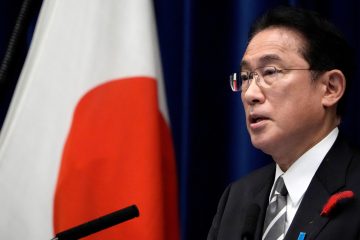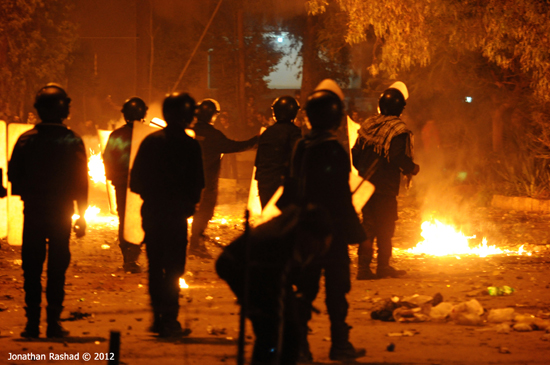
How to undermine democracy: lessons from Egypt?
Building democracy is a long-term project. It is also a frustrating one. Years of a painstaking process can lead to only a tiny step forwards. A moment of madness can set the process back decades.
Nowhere is this better illustrated than in Egypt, where the hope and optimism of the Arab Spring has already turned to despair and fear. New democracies and foreign powers that support them often ignore this point.
When opposition parties win power, they usually take little care to deliver on their promises. Donors such as the United States and France invest vast amounts of money in supporting elections but sometimes forget that this can be meaningless if they do not defend democratic principles along the way.

Is the Israeli-Palestinian conflict at the core of the recent regional problems?
The notion that a stable Middle East is dependent predominantly on a tiny country like Israel and on its conflict with the Palestinian Arabs being resolved was never particularly convincing. Now, as the so-called Arab Spring has entered its second year, it seems to be less persuasive than ever before.
One has to look at it in terms of cause and effect, inferring logically what would have happened had Israel and the Palestinian Authority reached a final agreement.
Let us assume, for the sake of argument, an agreement between Israel and the Palestinian Authority was reached prior to the emergence of the so-called Arab Spring.
Following such an accord, what would have happened in Syria? Would the cruel civil war now taking place in that country not have occurred? Would the Assad regime have behaved any differently towards those opposing his rule? Would they have conducted themselves any differently towards his regime? Would the Iran-backed-Hezbollah not have intervened directly in that civil war?

Secrets of Yemen’s eastern deserts
I recently travelled to Yemen’s remote and dangerous Mahra region to carry out the first ever survey of the local people’s hopes, fears and political aspirations in post-revolution Yemen. Here is a description of some of my experiences.
“Yallah, pack up. We leave in ten minutes.” For security reasons, our schedule was not revealed in advance, even to me.
Our convoy had settled for a few days in al-Ghayda, the ramshackle capital of Mahra governorate in east Yemen, and word of our presence was spreading fast. Invitations from local dignitaries had increased from a trickle to a flood. Traditional hospitality was the best way for opponents with vested interests to learn what we were up to.
It was time to move on. My tribal guards and hosts were eager for me to experience the beauty and hospitality of the deserts. Few outsiders, even Yemeni, have been given the chance to venture away from Mahra’s coastal regions into the uncharted interior.
Making a stop at a final gas station before heading north off-road into the undulating sands of the Empty Quarter, we loaded our convoy with as much water and petrol as we could carry.
Dotted around the station were well-armed men in trucks. Look-outs. My guards recognized them from the compound where a powerful tribe had invited us to share trays of lamb the previous day. Outside the compound, the rules of hospitality no longer applied. Yesterday’s hosts became today’s hostiles.
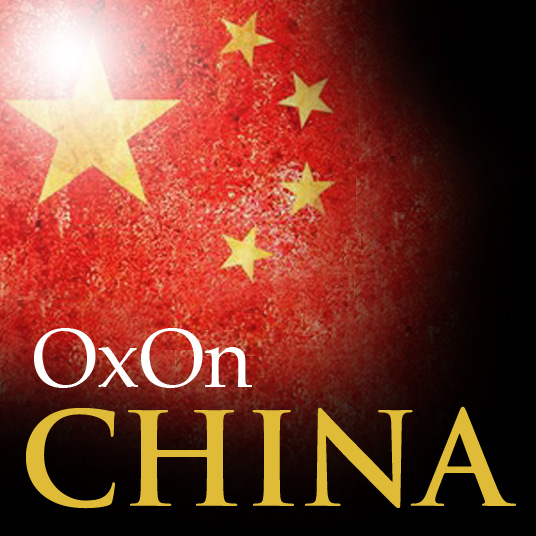
Economist Book review: China’s War with Japan, 1937–1945: The Struggle for Survival, by Oxford’s Rana Mitter
AS JAPANESE troops advanced on the Chinese capital of Nanjing in 1937, Zhou Fohai, a senior official in the Chinese government, wrote in his diary of the panic and fear consuming the city. He anticipated the destruction and its implications for his nation: “China will have no more history,” he wrote.
The devastation that the Japanese invasion would wreak was indeed shocking. But as Rana Mitter shows in his illuminating and meticulously researched new book about the Sino-Japanese war, not only did Chinese history not end with the fall of Nanjing, but in many ways the war helped to create modern China. It was the anvil on which the new nation was forged.
Other historians point to the arrival of British gunboats in the 1830s, when industrialising Europe collided with ancient China, as the dawn of China’s modern age. But Mr Mitter, a professor at Oxford University, believes that the country’s war with Japan was more important because it reduced China to its weakest state. “Suddenly the circumstances of war made the concept of the nation, and personal identification with it, more urgent and meaningful for many Chinese.”
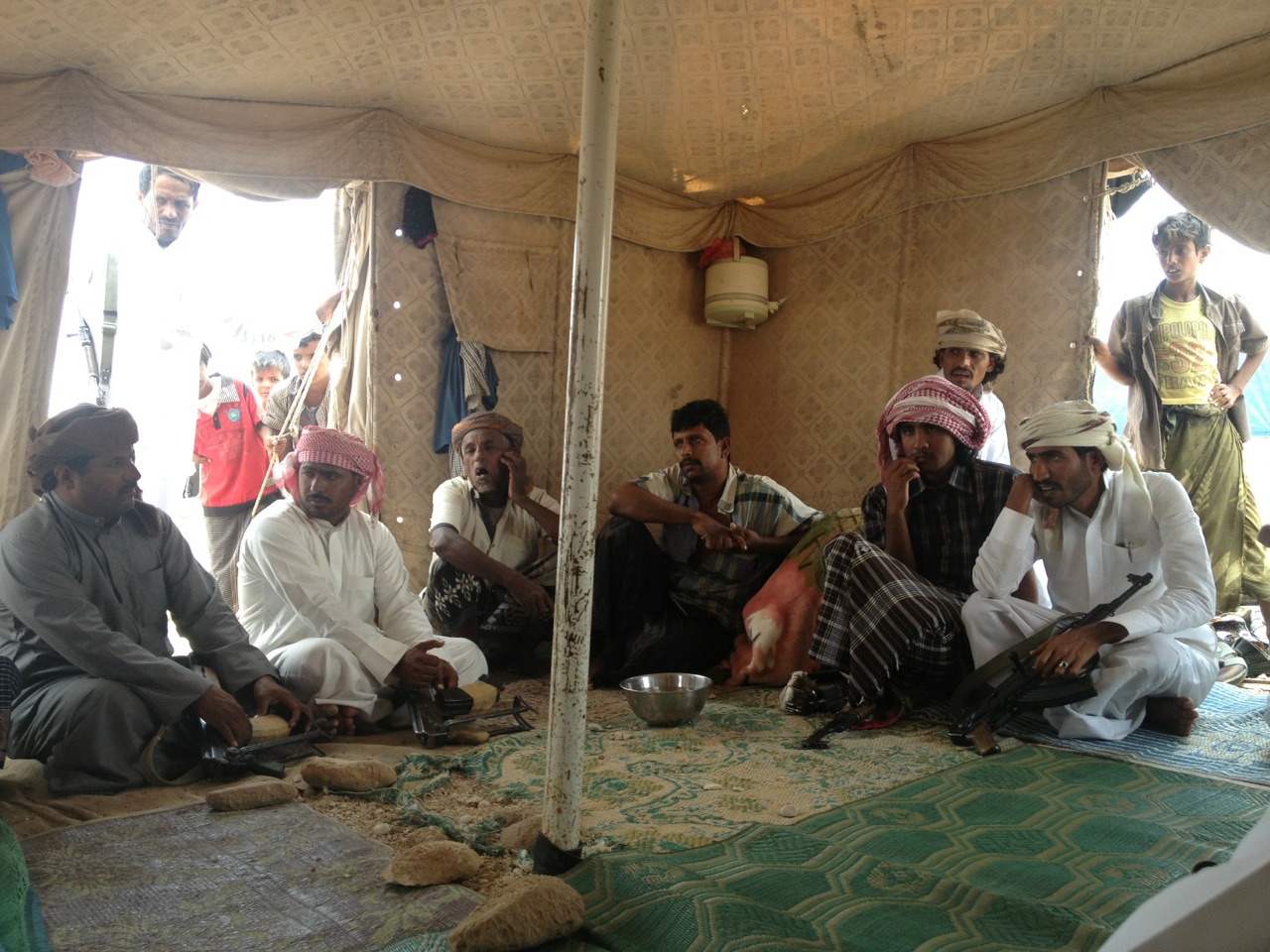
Staying safe among Yemen’s eastern tribes
Elisabeth Kendall, senior research fellow in Arabic and Islamic studies at Pembroke College, Oxford, recently travelled to Yemen’s remote and dangerous Mahra region to carry out the first ever survey of the local people’s hopes, fears and political aspirations in post-revolution Yemen.
There she spoke with tribal leaders about the threat to the region from al Qaeda fighters, met tribesmen trying to combat gun and drug smugglers, and heard of plans to pipe the region’s limited water supply to Saudi Arabia.
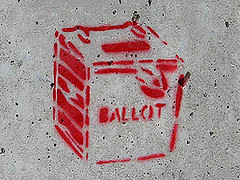
A Place beyond the Ballots: Women and the 2014 Elections in Afghanistan
2014 is a pivotal year for Afghan Politics. With the withdrawal of NATO troops, the 2014 elections have the potential to determine the country’s socio-political narrative. How these elections are conducted will impact the challenges and opportunities that Afghanistan will face. More specifically, what would this paradigm shift mean to a section of society that have come to represent one of its most repressed, neglected and disenfranchised aspects: the Afghan women. After decades of war and instability, women have finally been able to participate in politics and other male-dominated spheres of Afghan society. After the fall of the Taliban regime in 2001, the increasing presence of women in the Parliament, occupying seats alongside ‘warlords’ and other prominent male figures, has …
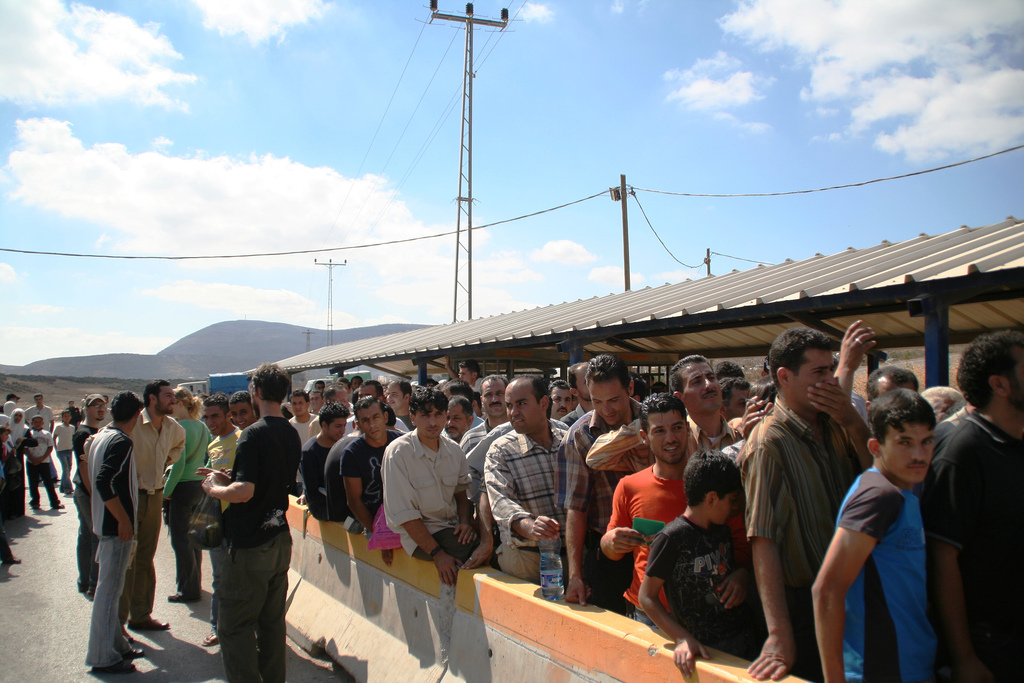
Davids Versus Goliaths: Can Palestinians, Greeks and Cypriots apply the same solutions to similar bargaining problems?
Like the queues in Qalandyia checkpoint and those in front of Laiki Bank, the demonstrations in Nabi Saleh and those in Syntagma Square seem worlds apart. And they are – a military occupation cannot be compared with austerity measures.
However, even though there are many differences between the daily lives of Palestinians and Hellenic nations, they face similar bargaining problems and decisions towards the current status quo. In order to consider if they could apply similar solutions to strive for a brighter future, drawing comparisons between these two situations might help us better comprehend the similar bargaining problems they face.
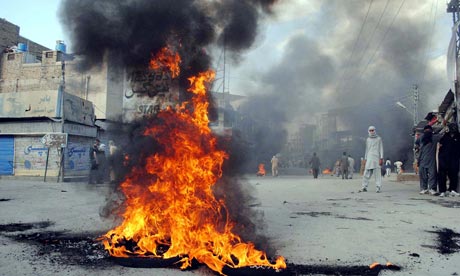
Pakistan: A nation defined by religion yet being torn apart by it
Pakistan was born a paradox. Its partition from India was considered necessary to ensure a homeland for the Muslims of the Indian subcontinent. However, its founder, Muhammad Ali Jinnah, always believed that Pakistan should be a secular state, tolerant of minorities; a homeland for Muslims but not an Islamic state. Unfortunately, he died shortly after partition and the dream of a secular and peaceful Pakistan was stillborn. 66 years after the establishment of the nation, the religious factor underpinning Pakistan’s creation and statehood has now become the principal source of its greatest national tragedy.

